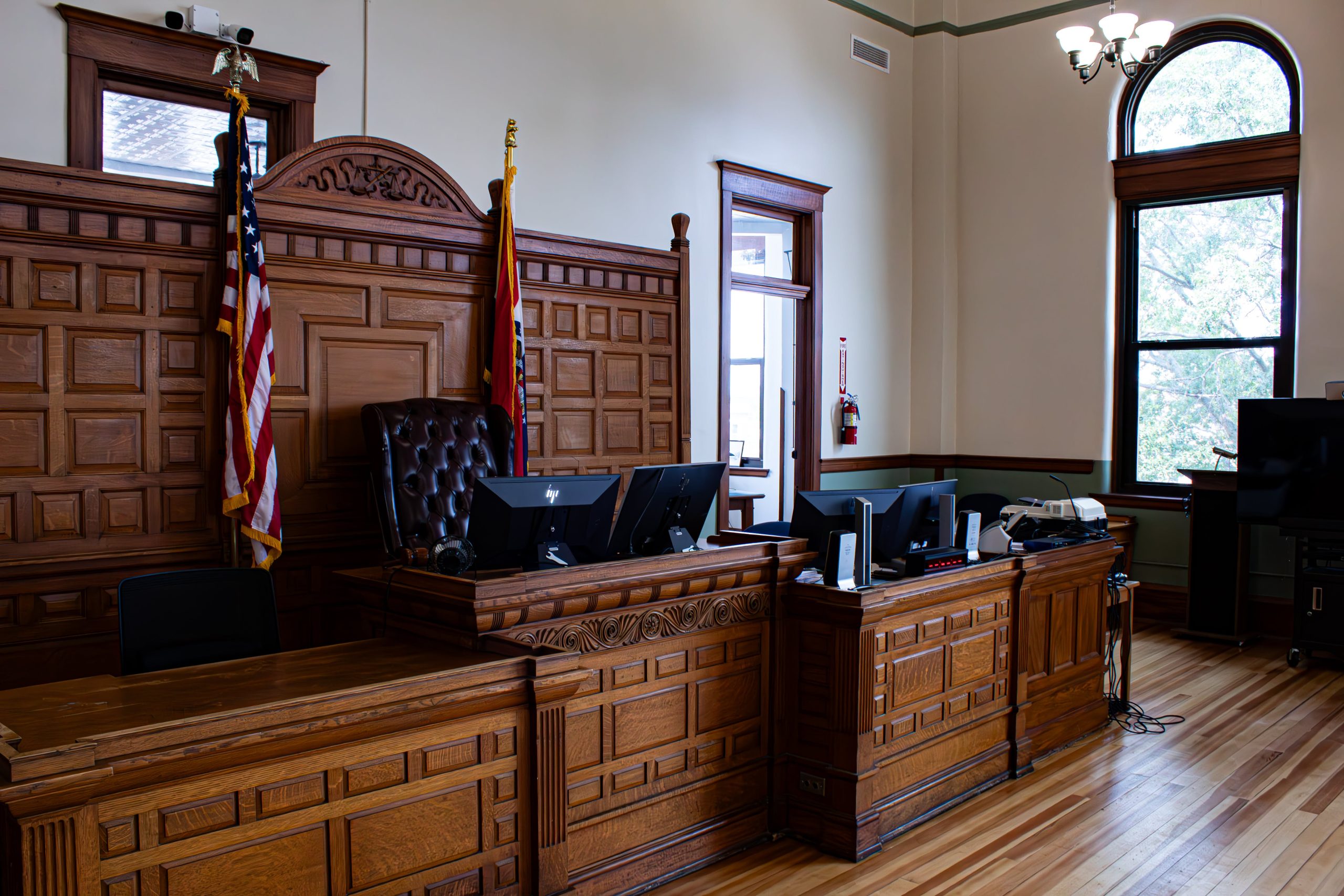Supreme Judicial Court holds murder charges cannot be based on accidental killing of bystander in course of legitimate acts of self-defense
 Massachusetts courts have recognized self-defense as a defense to homicide as far back as the trial following the Boston Massacre in 1770, where John Adams successfully defended all but one of a group of British soldiers who had fired into a crowd of protesters that had thrown objects at them. In all that time, however, Massachusetts courts had never definitively answered the question of whether the defense applies where in the process of defending oneself, a defendant kills an innocent bystander.
Massachusetts courts have recognized self-defense as a defense to homicide as far back as the trial following the Boston Massacre in 1770, where John Adams successfully defended all but one of a group of British soldiers who had fired into a crowd of protesters that had thrown objects at them. In all that time, however, Massachusetts courts had never definitively answered the question of whether the defense applies where in the process of defending oneself, a defendant kills an innocent bystander.
That changed on Tuesday, when the Massachusetts Supreme Judicial Court addressed the question in its decision in Commonwealth v. Santana-Rodriguez. The defendant in the case, Kenneth Jose Santana-Rodriguez, was at a salon with his girlfriend when her former boyfriend confronted him. Revealing a gun in his waistband, the ex-boyfriend stated, “You know what’s about to happen.” Believing “it was him or [the ex-boyfriend],” the defendant drew a gun and fired at the ex-boyfriend, but instead hit Trung Tran, a salon employee, who was killed.
In its opinion, the Court concluded that Santana-Rodriguez and similarly situated defendants acting in lawful self-defense cannot be guilty of first- or second-degree murder, but can still be found guilty of involuntary manslaughter if the prosecution proves that a defendant’s exercise of self-defense “was wanton or reckless so as to create a high degree of likelihood that substantial harm would result to an unintended victim.” In coming to this conclusion, the Court applied the concept of transferred intent to the self-defense context. Transferred intent is a theory of criminal liability that allows a defendant who attempts to kill one person, but by mistake or accident kills another, to still be criminally liable for the killing because their “felonious intent is transferred from the intended victim to the unintended victim.” In the self-defense context, when a defendant uses force to defend against an aggressor, but by mistake or accident harms someone other than the aggressor, the justifiability of the defendant’s use of force in self-defense carries over, or “transfers.” As stated in the opinion, the “intent follows the bullet.”
 Boston Lawyer Blog
Boston Lawyer Blog


 Show-cause hearings, also known as
Show-cause hearings, also known as 












